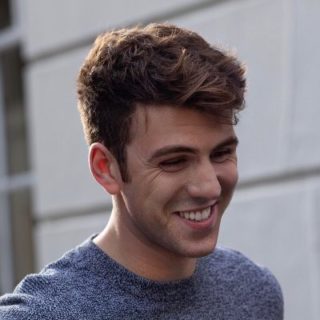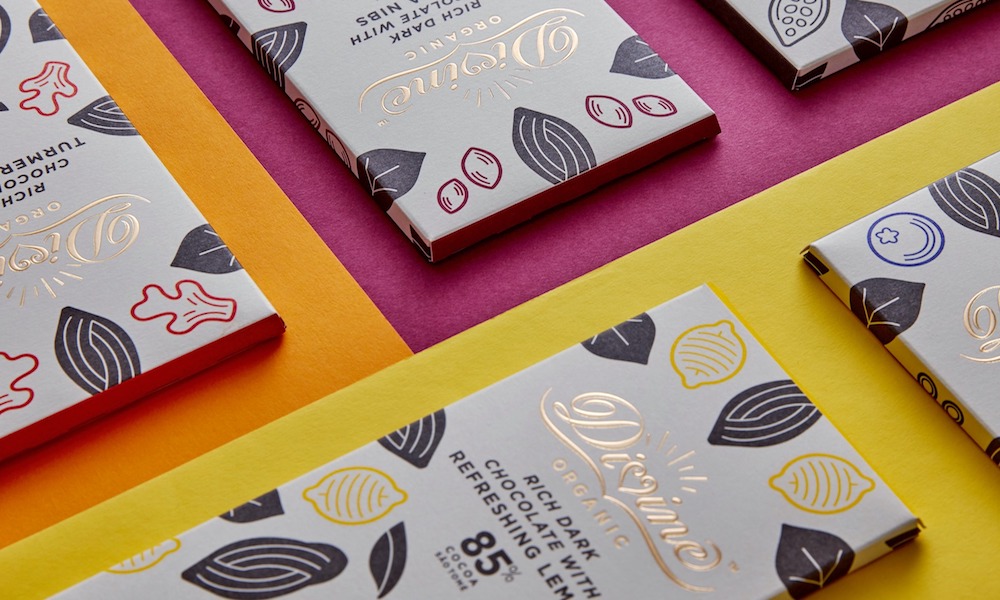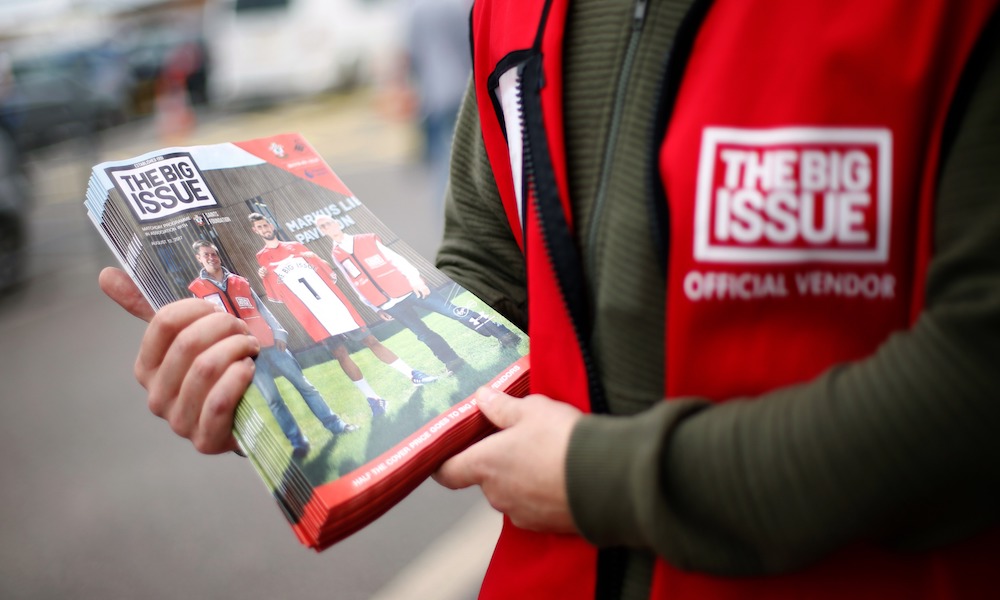24 Inspiring B Corps Using Their Business as a Force for Good
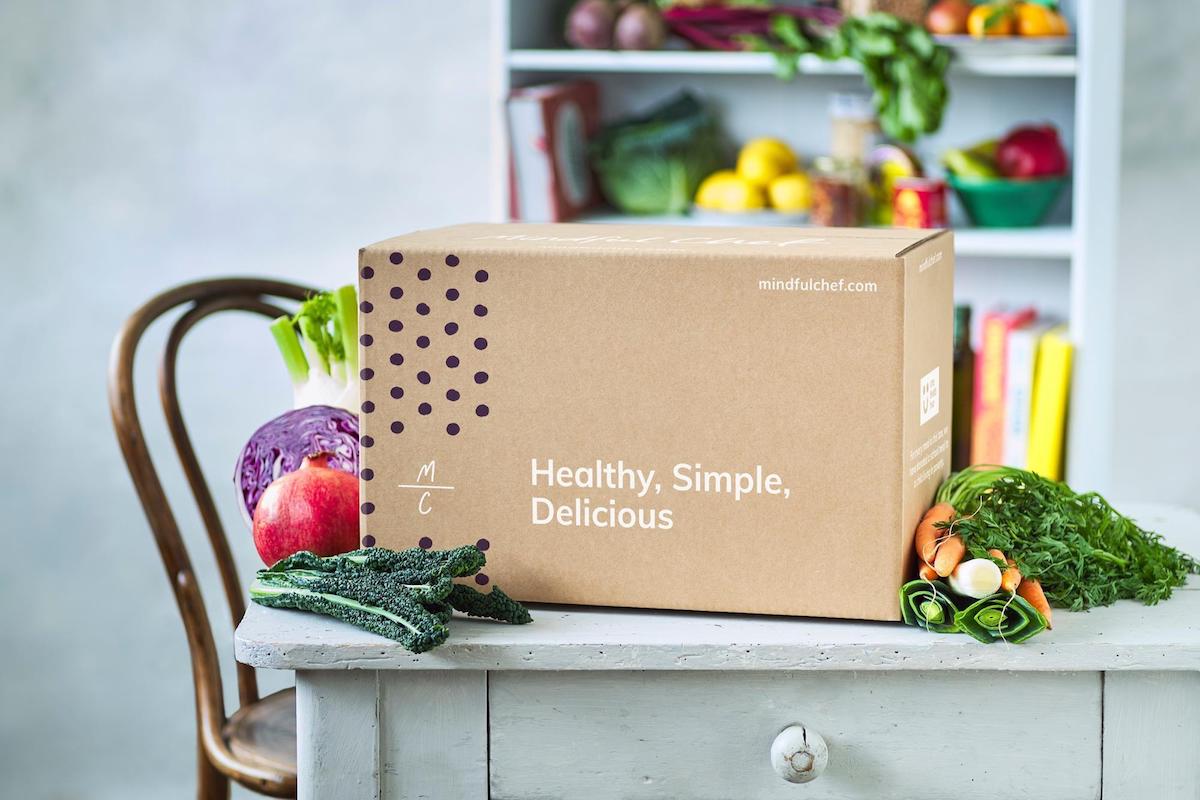
Some of you may know what a B Corp is already, some of you may not. But we’re certain you’ll have heard of some of the great brands that are proud to call themselves one (including yours truly).
For the uninitiated, B Corporations are businesses that balance profit with purpose. Like a Fair Trade stamp on coffee, B Corp status shows that a company gives as much weight to its social and environmental impact as it does to its financial returns.
There are over 3,500 B Corps worldwide on last count. To qualify you have to undergo rigorous testing before a certification is administered to you by the non-profit B Lab which governs the process.
Every March we celebrate B Corp month and a series of awareness events are held, not only to highlight the work of B Corps the world over, but also what more work is needing to be done. To commemorate the event, we decided to put together a list of other B Corps that we want to shout out about. Not only are they all making a great impact on society and the planet, but they’re also great businesses with great products. Basically, they’re brands we feel everyone else should want to champion too.
Mindful Chef
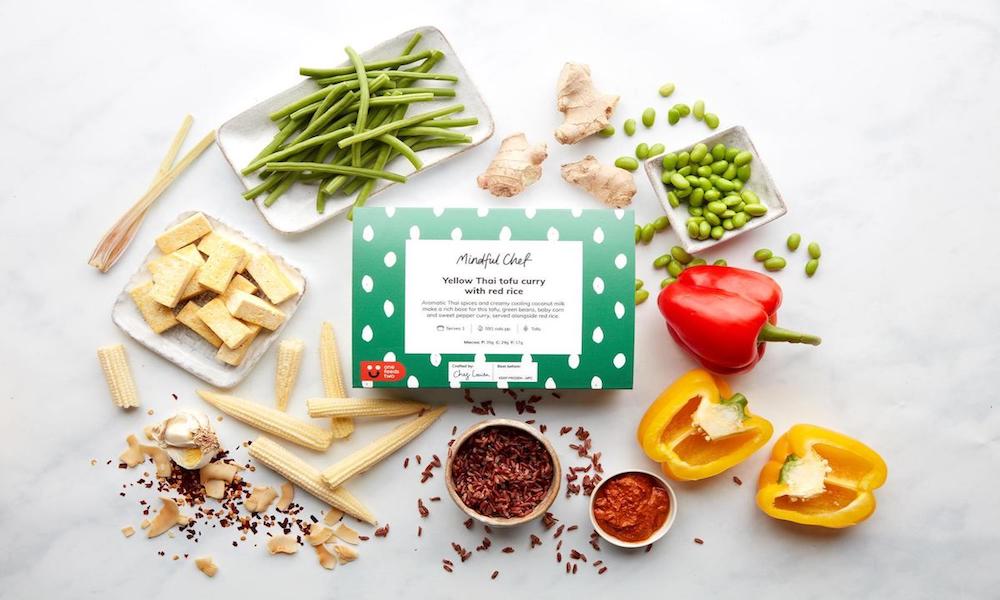
In a social-distancing world, food boxes have been an invaluable resource, keeping people stocked up when they’ve needed it most. Mindful Chef has been perfecting their own since 2015, with recipe boxes stuffed full of ethically and sustainably sourced food, carefully curated to encourage healthy eating and cut out all those naughty refined sugars and carbs.
With meals that cater to all diets (gluten-free, dairy-free, vegan, vegetarians), the company also donates one school meal to a child living in poverty for every meal sold. That’s what we call being mindful in every sense of the word.
Finisterre
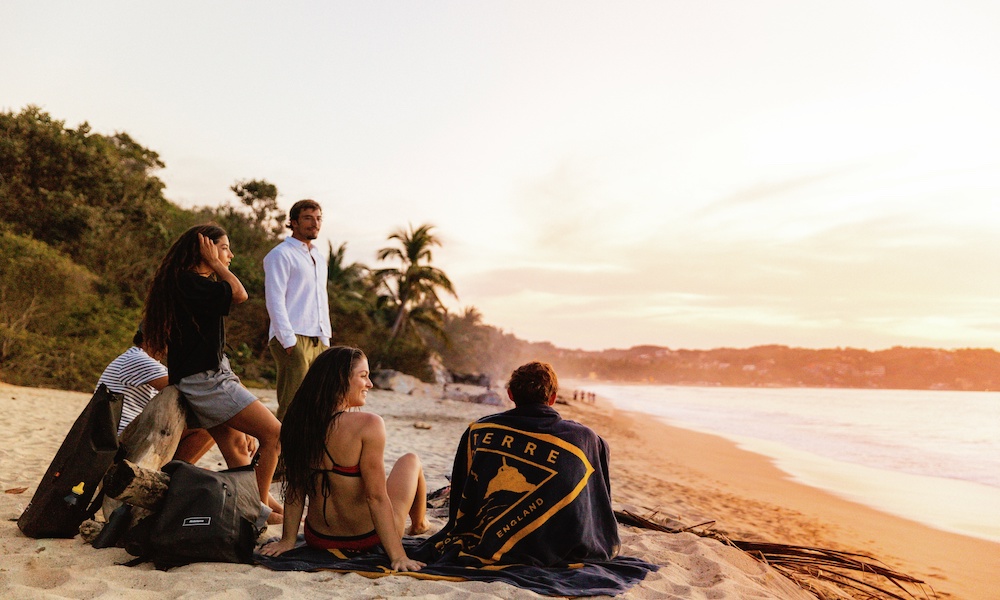
The south-west coast of England might not be the warmest place to catch a few waves, but that hasn’t stopped the area from becoming a surfing hotspot. Cornwall-based surfwear brand Finisterre was started by founder Tom Kay to outfit these cold-water surfers (himself included) and this love of the ocean has translated into protecting it too.
Its plastic bags then are water-soluble and break down harmlessly into non-toxic biomass in soil and sea, while the brand is inspiringly transparent when it comes to their supply chain and materials. And its sterling impact doesn’t just end with sustainability either as its sea suit shows. Built to overcome barriers to surfing in countries where modesty laws make access to the ocean difficult for women, it’s a real testament to purpose-led design.
Spruce
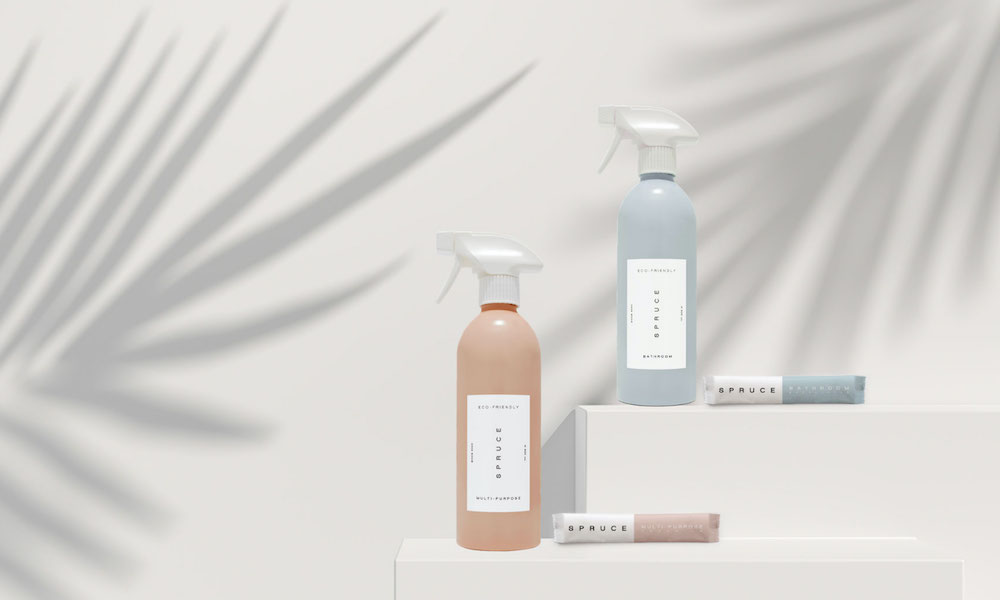
Founded by Mahira Kalim, the beginnings of homecare brand Spruce were inspired by Kalim’s long-term health issues and her struggles to cut plastics and toxic chemicals from her home and find truly safe and sustainable alternative cleaning products.
Spruce’s range of refillable cleaning products are made with safe, food-grade, naturally-derived plant-powered ingredients then and fragranced with 100 percent natural and organic essential oils. The eco-cred doesn’t stop there either, as Spruce is also free from single-use plastics toxic chemicals, SLS, parabens, and a bunch of other nasties. It also matches every starter kit order by removing the equivalent of 25 plastic ocean-bound bottles in tandem with partner Plastic Bank.
Use the code FORM20 for 20 percent off the whole Spruce website.
Toast Ale
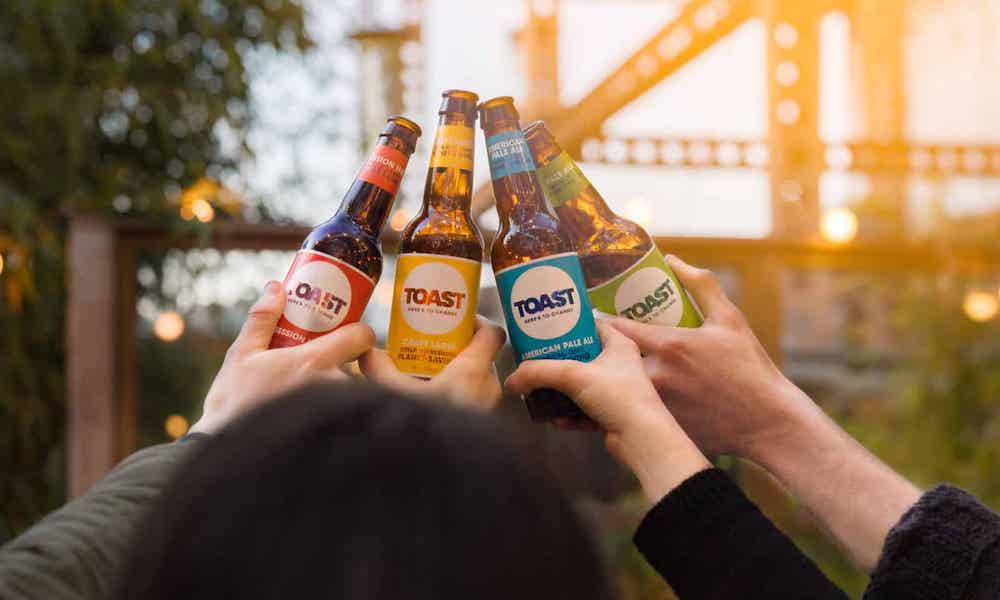
The UK food industry wastes an estimated 1.9 million tonnes of food every year, contributing to over 20,000 tonnes of greenhouse gas emissions and costing the nation £4.35 billion each year.
That’s where Toast Ale comes in. All of Toast’s brews from its zesty pale ale to their refreshing craft lager have been made using surplus bread, up-cycling food that would just have been dumped while also replacing virgin barley in the production process and therefore reducing the demand for land, water and energy while they’re at it. They’ve now saved nearly two million slices since starting in 2016 while continuing to donate all of their profits to charities fixing the food system.
Divine Chocolate
Good chocolate is already a public service in our book, but Divine Chocolate goes above and beyond the pack when it comes to making a societal impact. Founded in 1998, Divine helped pioneer the Free Trade movement on supermarket shelves, and still remains the only Fair Trade chocolate company that is co-owned by cocoa farmers.
100,000 cocoa farmers from Ghana make up the farmers co-operative that holds the largest share in the business (44 percent), while the brand also runs some amazing initiatives including the promotion of gender equality and female empowerment on its farms (of the farmers who co-own the company, more than a third are women). They were also the first to make a caramel-filled chocolate bar with no palm oil to help combat the destructive impact cultivating the ingredient has on the world’s forests.
Pukka
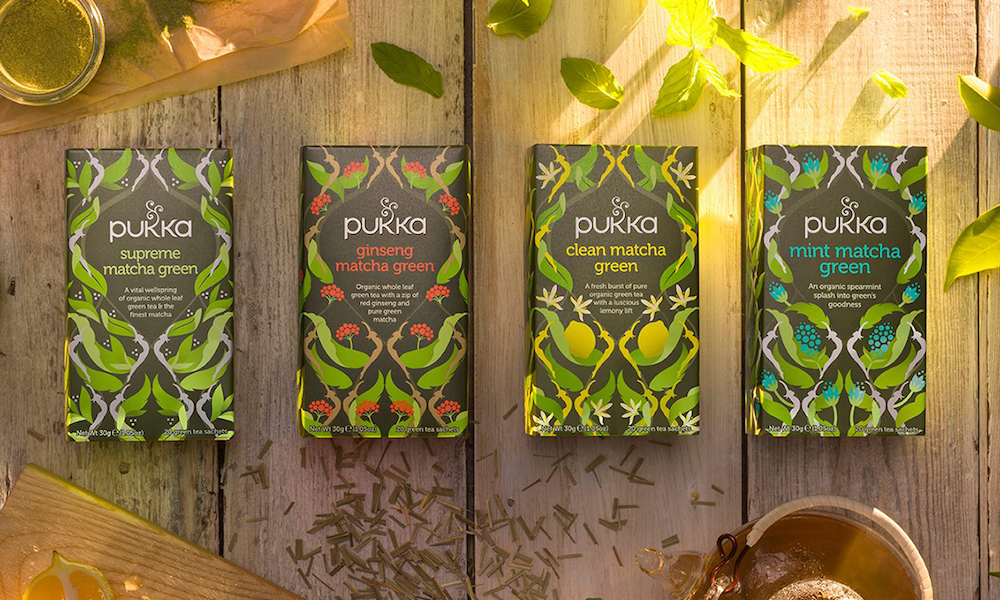
Influenced by the holistic principles of Ayurveda (in Hindi, pukka means ‘real, authentic or genuine’), the teas at Pukka have not only been designed to taste great but also support your health with every sip. All of you regular Tea-Rex’s and Tea-Lo Greens will surely have heard of them, but it’s B Corp status is perhaps a little less well known.
Since being founded in 2001, the company has gone on to become one of the first companies in the UK to join 1% for the Planet, donating at least 1 percent of its annual turnover (sales, not profit) to environmental not-for-profits, as well as the first UK company of its size to have their climate goal of being carbon zero by 2030 validated by the Science-Based Targets initiative. It even offers company-wide mindfulness courses for all its staff.
MuLondon

Inspired by traditional herbalism, MuLondon crafts award-winning skincare products made with natural essential oils and herbal extracts. So far, so good; but what of the brands eco-cred? Well along with its B Corp status, the MuLondon range is also certified organic by The Soil Association, cruelty-free by The Leaping Bunny, and registered vegan by The Vegan Society.
Plus it’s a member of the charity 1% For The Planet, an international organization whose members contribute at least one percent of their annual sales to environmental causes, and a proud supporter of LGBT rights charity Stonewall.
Pip & Nut
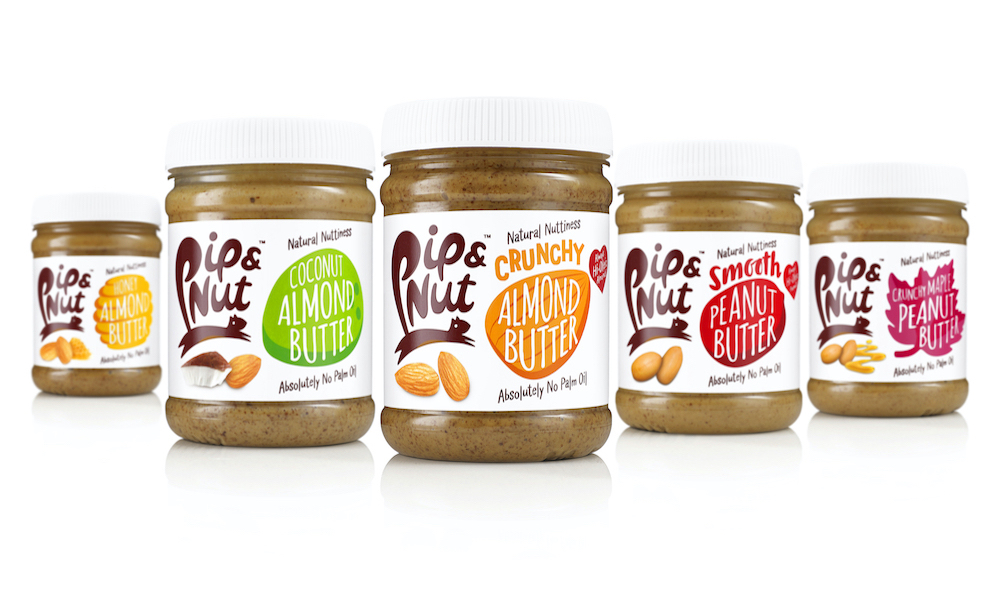
A relatively young brand having only launched in 2015, Pip & Nut has since risen to become one of the leading lights in both the nut butter, and ethical business scene. All of its tasty butters are made with no naughty, Amazon forest-destroying palm oil, while its plastic jars are widely recyclable and themselves contain 30 percent recycled plastic.
It also works extensively with ethical suppliers like the Colombian family-owned Luker Chocolate, who educate cocoa farmers and invest in community projects, as well as regularly donating to local food banks.
The Big Issue
The concept of The Big Issue is rooted in social purpose. Founded by John Bird and Gordon Roddick (husband of Anita, founder of fellow B Corp, The Body Shop) in 1991, the Big Issue was created in response to the rising number of homeless people on the streets of London.
To become a vendor you have to be homeless or vulnerably housed. Vendors then receive training and certification, before being handed a number of magazines for free for them to then sell. From then on the vendors become their own micro-business, buying magazines off of The Big Issue for £1.25 before selling them at the cover price of £2.50 and netting the profit for themselves.
With start-up capital given to them by The Body Shop, the magazine started publishing monthly and went on to sell nearly 300,000 copies in the early 2000s before its current circulation of around 85,000. Since 1991, the magazine has helped over 92,000 vendors earn £115 million.
TOMS
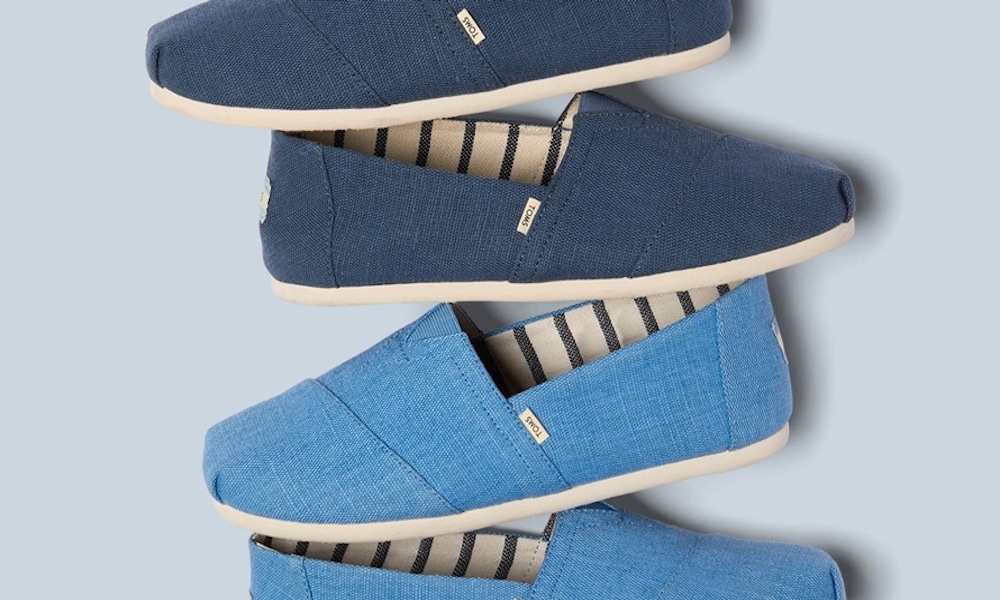
TOMS kickstarted the espadrille’s renaissance at the tail end of the last decade, and it still makes some of the best in the business. Besides crafting breezy summer shoes, the brand now also does eyewear, coffee and handbags, but its the company’s charitable conscious that binds everything together.
The brand pioneered the one for one model, delivering a free pair of shoes to a child in a developing country for every pair it sold. As the the brand has diversified, it has now moved on from this model to give away £1 away for every £3 it makes. In total, TOMS has given nearly 100 million pairs of shoes away as well as 780,000 sight restorations and 722,000 weeks of safe water.
Dame
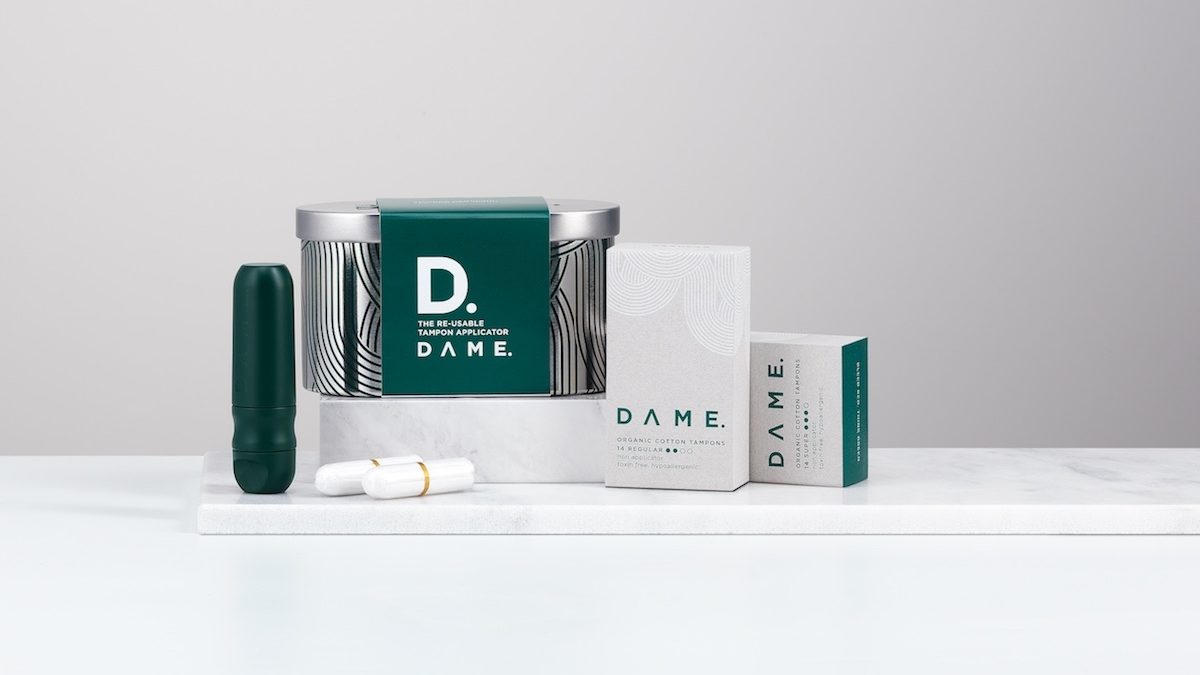
100 billion period products are thrown away globally each year, with almost all products made and sold by the industry single-use and non-recyclable. Battling this sea of plastic waste then is Dame, the world’s first climate-positive period brand.
The headline act is its award-winning, self-sanitising, and most importantly, reusable, tampon applicator (it also recently launched a range of reusable period pads), while its organic cotton tampons are not only free from, bleaches, plastics, synthetics, toxins, and dyes, but they’re also a godsend for women with sensitive skin.
The Body Shop
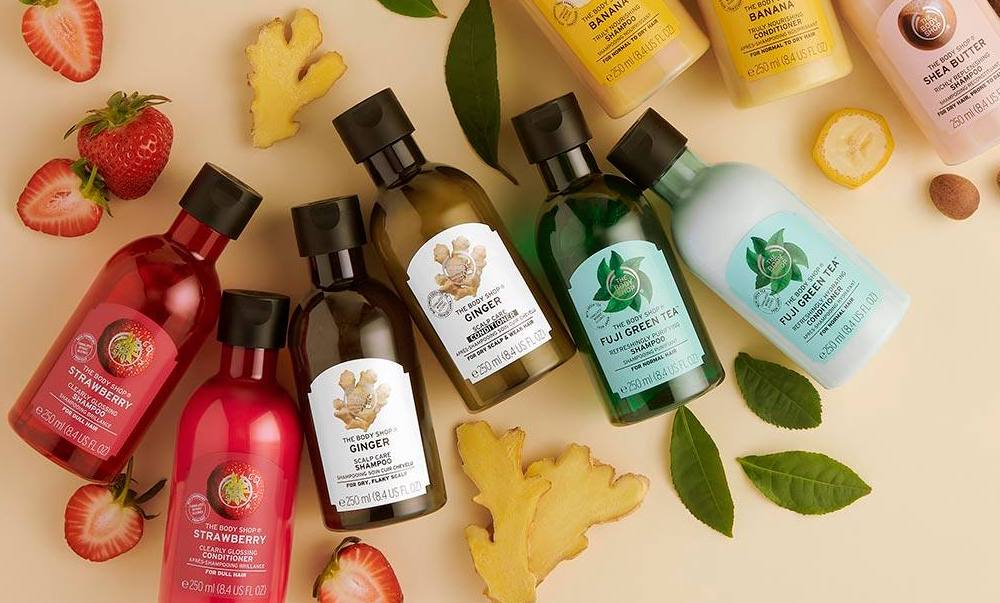
Founded in 1976, The Body Shop started as a solitary health and beauty store in Brighton with just 25 products. The vision was simple: beauty products that were ethically-sourced, cruelty-free, and made with natural ingredients. The Body Shop has since gone on to become a global force, all while retaining its social and environmental beliefs.
Trailblazers for the Fair Trade movement in the 1980s and 1990s, The Body Shop even owned a percentage of Divine, until it handed its shares over to the Kuapa Kokoo cocoa farmers’ co-operative. B Corps stick together after all. The brand was bought by another B Corp, Natura, in 2017, the same year it launched its Forever Against Animal Testing campaign aimed at banning animal testing in cosmetics worldwide. By the end of 2018, the petition had reached 8.3 million signatures and been presented to the UN General Assembly.
Innocent Drinks
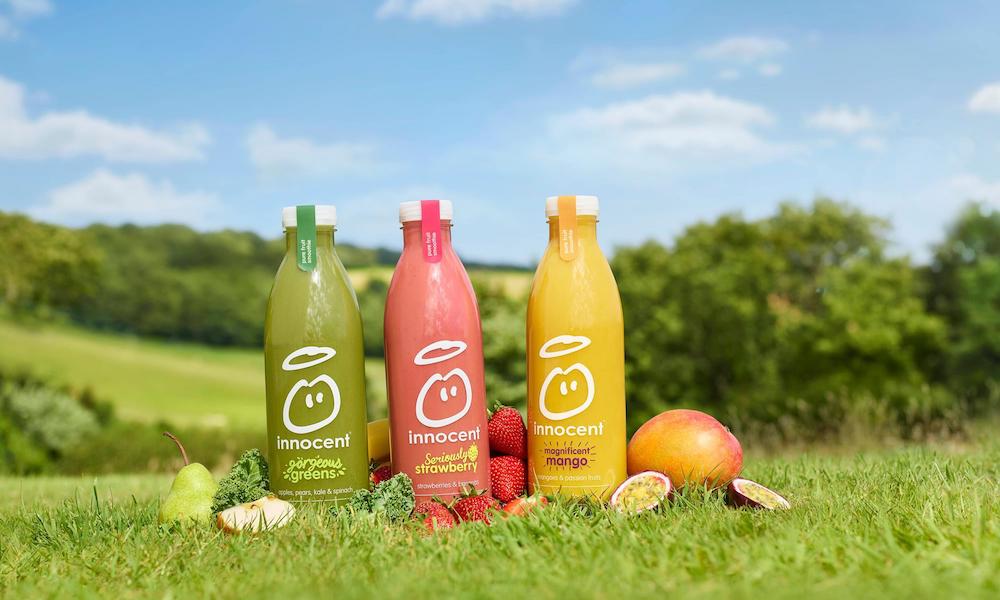
From a stall at a music festival to the chilled shelves of pretty much every supermarket in the country, Innocent has become almost synonymous with the smoothie here in the UK having helped the nation get in there five-a-day for over 20 years.
Along with the benefits of fruit and veg, Innocent also understands the impact of wasteful water practice, developing an app that calculates optimal daily irrigation time which in 2015 helped participating farmers save 1.7 billion litres. The brand is also closely linked with a number of charities from OXFAM to The Trussell Trust. It donates 10 percent of its total profits to charity, mainly through the Innocent Foundation, which gives grants to charities so that they can help the world’s hungry.
Luxtra
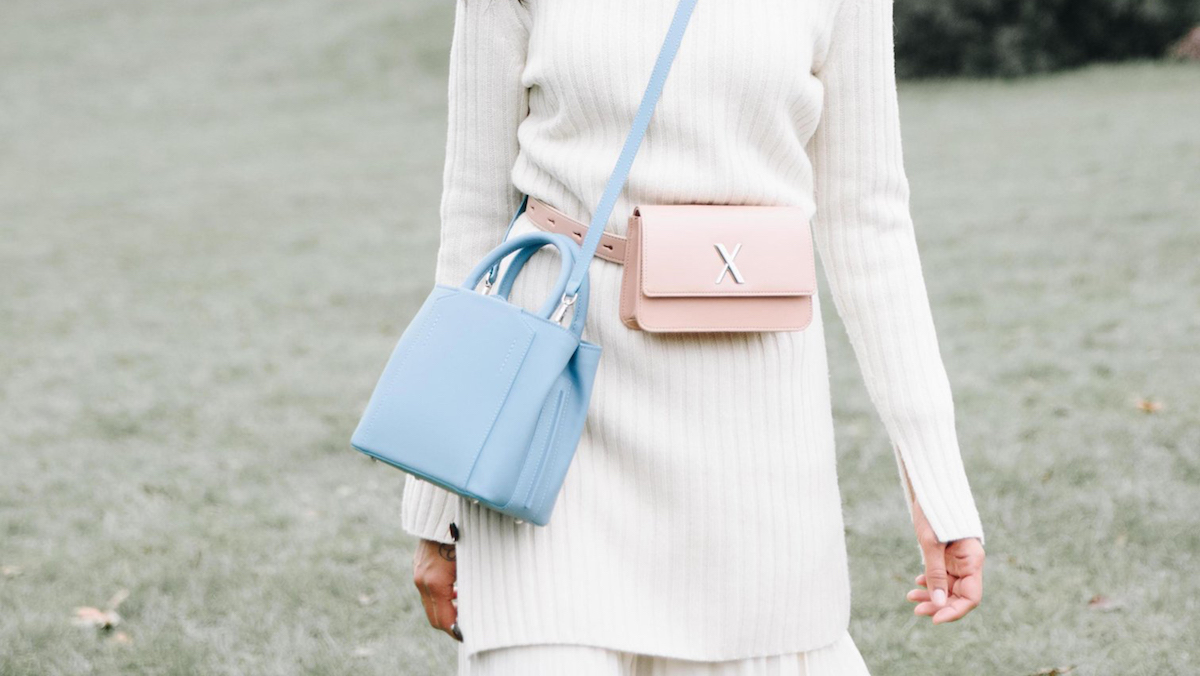
Textile technology has made some thrilling leaps in recent years, not least when it comes to sustainable fabric innovation. One brand pushing the agenda and leading the way is Luxtra, a sustainably-minded fashion accessories company that crafts its wares out of a range of objects you’re more likely to see at a greengrocer.
Expect vegan leathers and materials then made out of pineapples, apples, mango, cactus, and corn (not that you’d know it), all cut into beautiful products that can be enjoyed with a clear conscience.
Wilton London
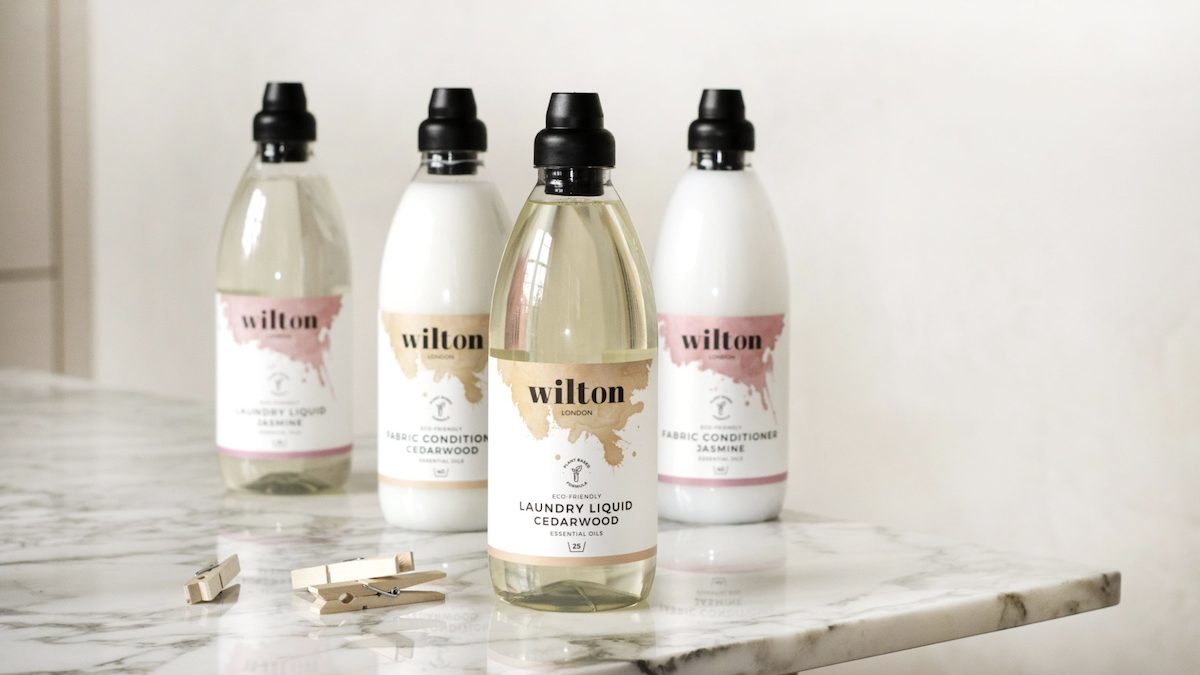
The back of laundry liquid and multi-surface cleaner bottles has long been dominated by heavy-duty chemicals that people have never heard of outside of a science lab. Bucking the expectation then, is eco-friendly cleaning products company Wilton London whose products, including its laundry liquid, are made out of biodegradable, naturally derived ingredients including chicory root and soybeans.
Suitable for vegans it also retains a strong focus on fresh-smelling scents, managing to succeed where some other eco-friendly laundry brands can slip up.
Patagonia
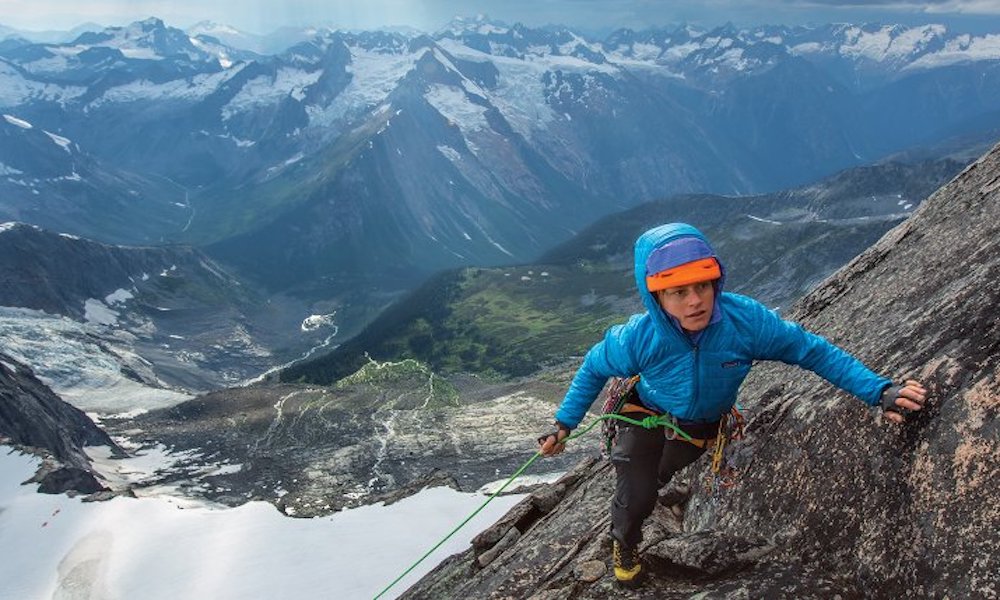
As outerwear and sustainable fashion have slowly inched forward in the fashion cool stakes, it’s undoubted king, Patagonia, has become one of the most talked-about labels around. The brand is as authentic as they come though and any talk of trends would probably lead to a collective wince.
Founded by legendary rock climber Yvon Chouinard in 1957, the brand has a deep link with the mountaineers they design their wares for and this love for the sport and nature has developed into an impressive sustainable sensibility. Take their Worn Wear scheme, which promises store credits for anyone who wants to return their Patagonia apparel to then be sold on. Or its hero piece, the Responsible-T, a range of t-shirts made with scrap fabric and discarded bottles that use 96 percent less water than a conventional cotton tee.
Calling sustainability a trend is shallow. But the success of Patagonia shows that those who truly succeed are the brands that have sustainability hardwired into their DNA.
Aromatherapy Associates
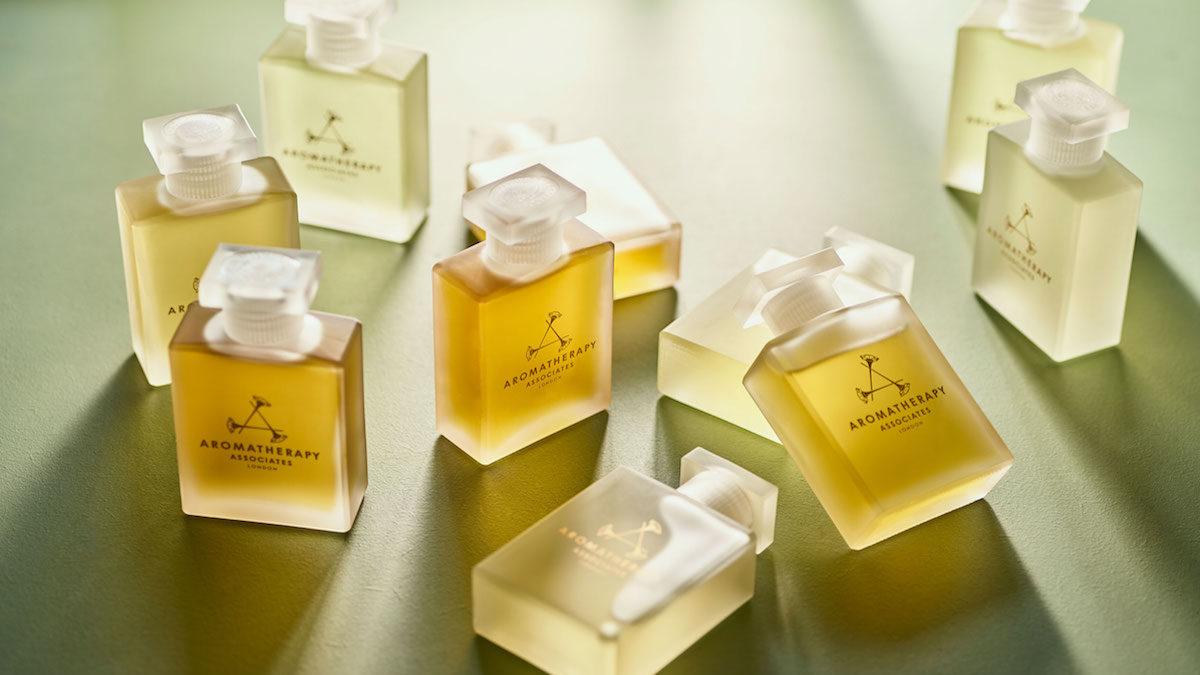
Aromatherapy has been a keystone of the wellbeing market for some time now, but at Aromatherapy Associates the practice is elevated through the brand’s admirable commitment to its employees and the world as a whole. Regular wellbeing workshops are offered to its employees, for example, while 55 percent of its board are women (with further measures in place to ensure truly representative diversity throughout the business), and charity is firmly embedded in its culture with large donations to NHS workers, The Beauty Banks, and MIND.
Plus, its headquarters use 100 percent renewable energy, while all of its retail cartons use paper from 100 percent sustainable forests, as over 1.5 tonnes of virgin plastic was removed from its products in 2020.
Bird Eyewear
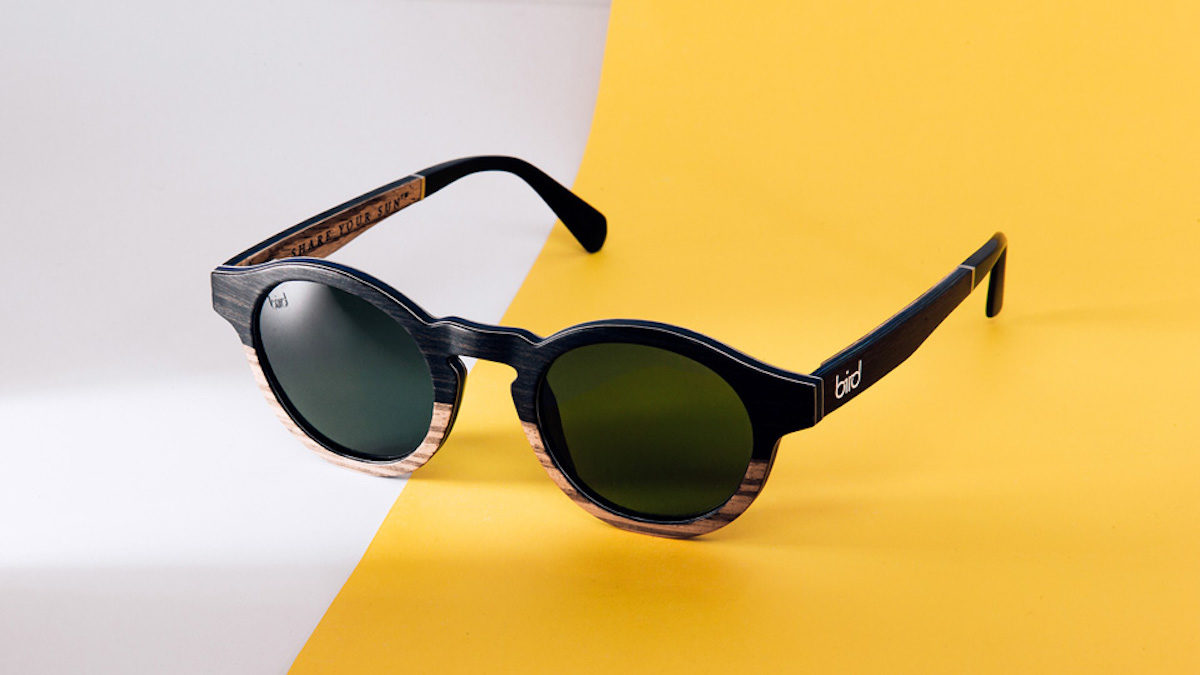
Bird make beautiful, design-led eyewear using high quality and sustainable materials, including FSC certified wood, bio-based acetate and repurposed aerospace aluminium. Not only that, with very pair sold they distribute solar light to remote communities in Africa through their Share Your Sun partnership with international development charity SolarAid.
These solar lamps replace the standard kerosene lamps that are in most households. By eliminating dirty kerosene lamps, families benefit from improved mental and physical health, as well as fewer hours of work and school missed.
Rebel Kitchen
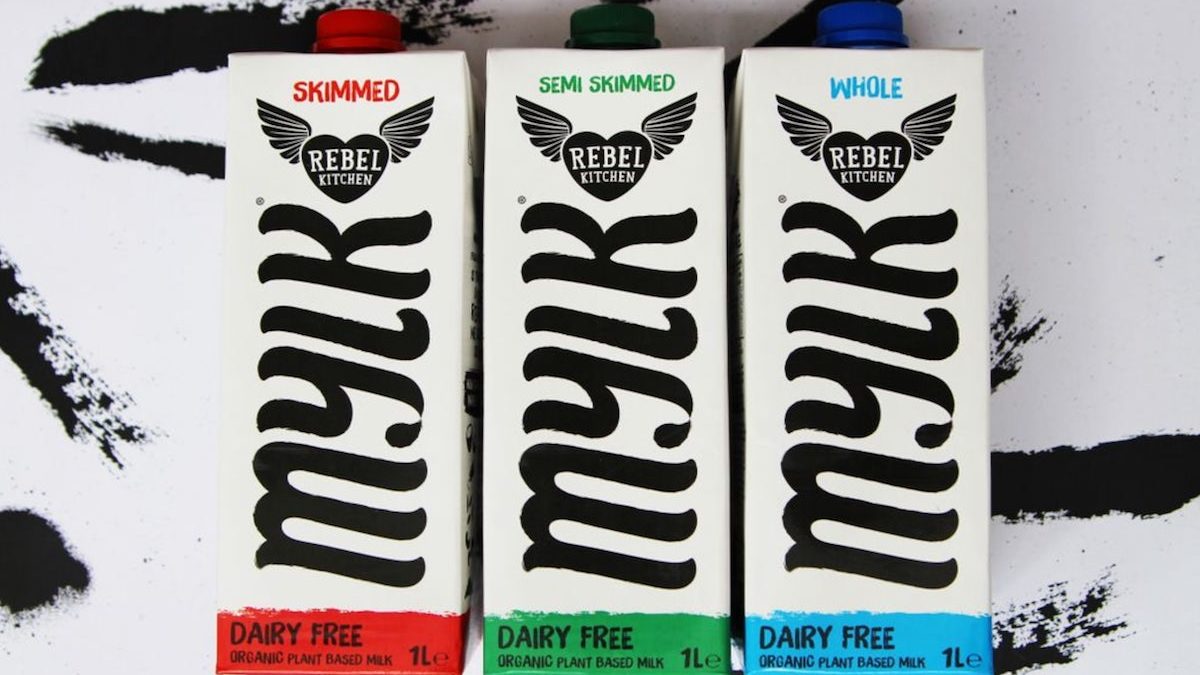
Made dairy-free, gluten-free, organic, and vegan, the plant-based milk and raw coconut water made by Rebel Kitchen is truly crafted for everyone. Founded in 2014, the brand became a B Corp just three years later, and since certifying have also become Net Carbon Neutral thanks to its work with fellow B Corp Carbon Analytics to measure their business-wide footprint.
They’re also proud believers in supply chain transparency, regenerative organic agriculture to protect soils and farmland for future generations, and recycled and reusable packaging, showcasing a true B Corp mentality in every action it makes, while it sits proudly in the Nurture Brands family, along with 4 other B Corps.
Freestar
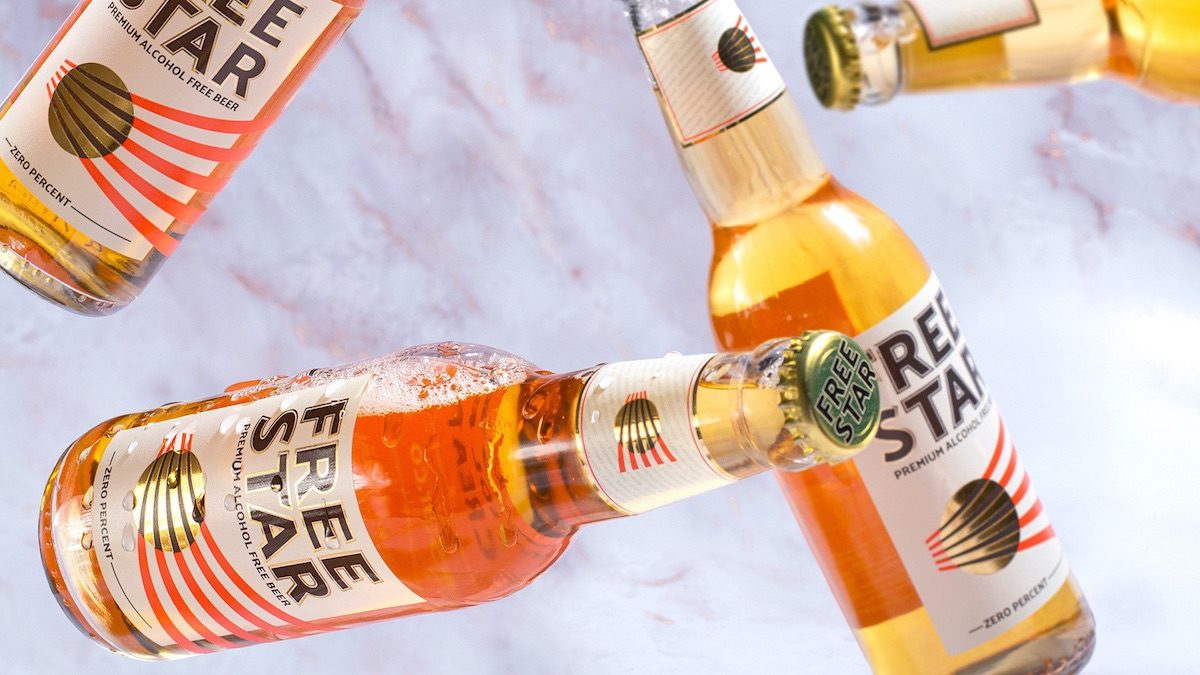
Freestar became the first alcohol-free beer brand to attain B Corp status when it was certified in 2020. Its eco-cred comes from the fact it uses 80 percent less water and creates 70 percent less waste than other beer brands, and all while using 100 percent recyclable materials in its packaging.
That’s a lot of healthy percentages right there, backed up by a commitment to being a net-zero carbon emissions business by 2030, which has Freestar sitting pretty at the top of the alcohol-free tree.
Leo’s Box
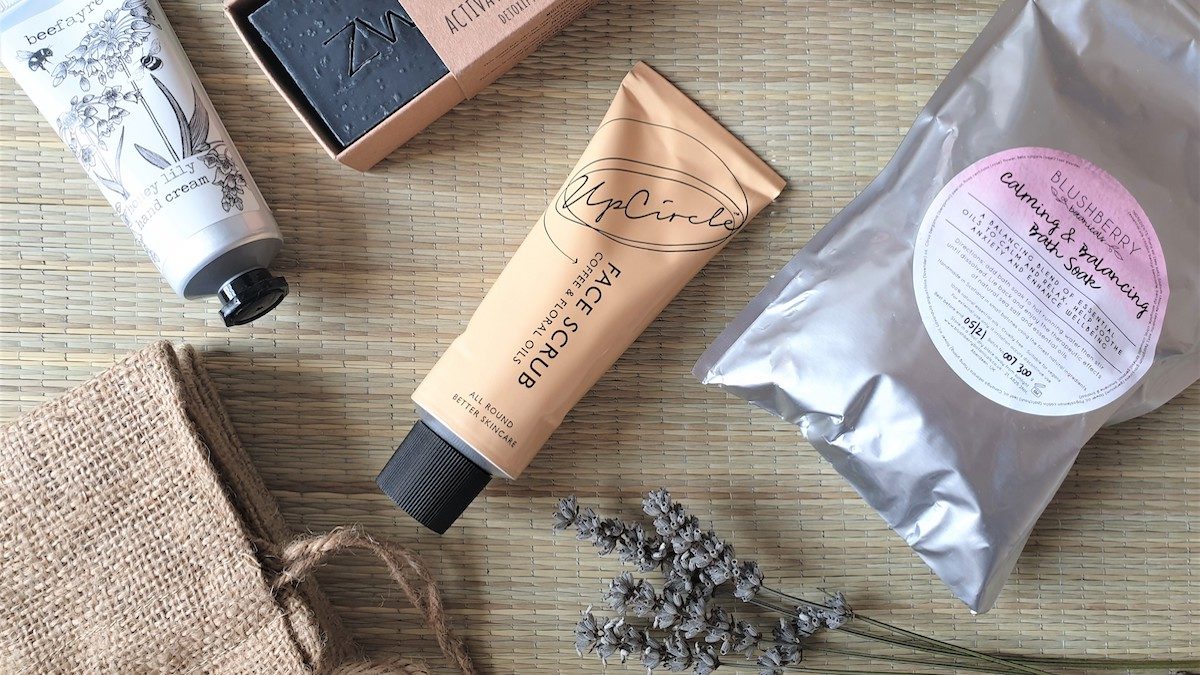
An acronym for ‘Loving Earth’s Oceans’ and the first and middle names of founder Lysander Bickham, Leo’s Box is an eco-friendly members club that sends out a beautifully-packaged, recycled cardboard box full of sustainable beauty and wellness products every month to its community.
B Corp status and features in the Evening Standard and GQ, are made all the more remarkable by the fact that Bickham is just 16 years of age. Passionate and hard-working, he is testament to a rising generation driven by environmental and social activism.
Cheeky Panda
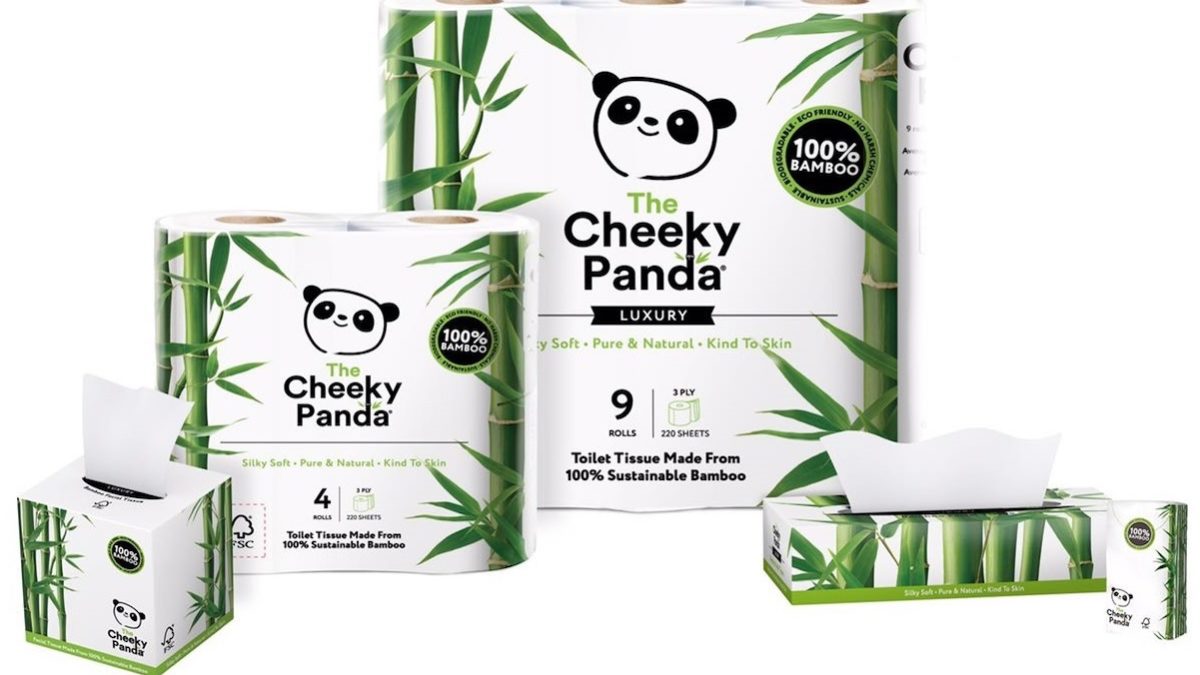
The UK’s first B Corp tissue company, Cheeky Panda make all of its tissue products out of bamboo, the worlds fastest growing plant. The problem with normal tissues is that the used to make them take 30 years to harvest. But bamboo grows up to one metre a day and can be harvested every year, offering up a much more sustainable alternative while also absorbing 35 percent more carbon and releasing 30 percent more oxygen.
Along with its B Corp status, the brand was also the first tissue company in the UK to be vegan registered with the Vegan Society, another fine addition to a CV packed with inspirational achievements.
Beauty Kitchen
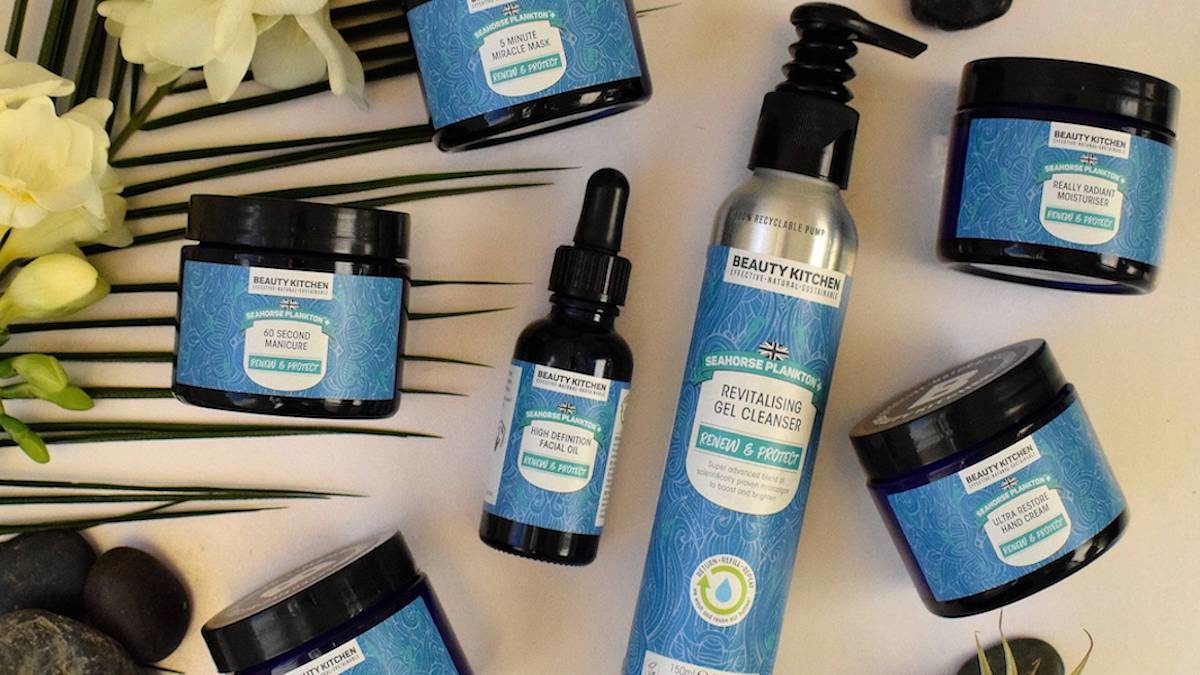
In 2017, Beauty Kitchen became the first beauty brand in the UK to be a certified B Corporation, standing on a platform that includes an ingrained dedication to sustainability and charity. Its natural beauty products contain no synthetic ingredients or environmentally-dangerous microplastics. And absolutely no animal testing.
Plus with its Beauty that Gives Back scheme, for every sale the brand makes, 2 percent is donated to one of its sustainable charity partners, choosing a percentage of sales, instead of profits, so it means that no matter what, its customers and the brand will always be giving back.
Callaly
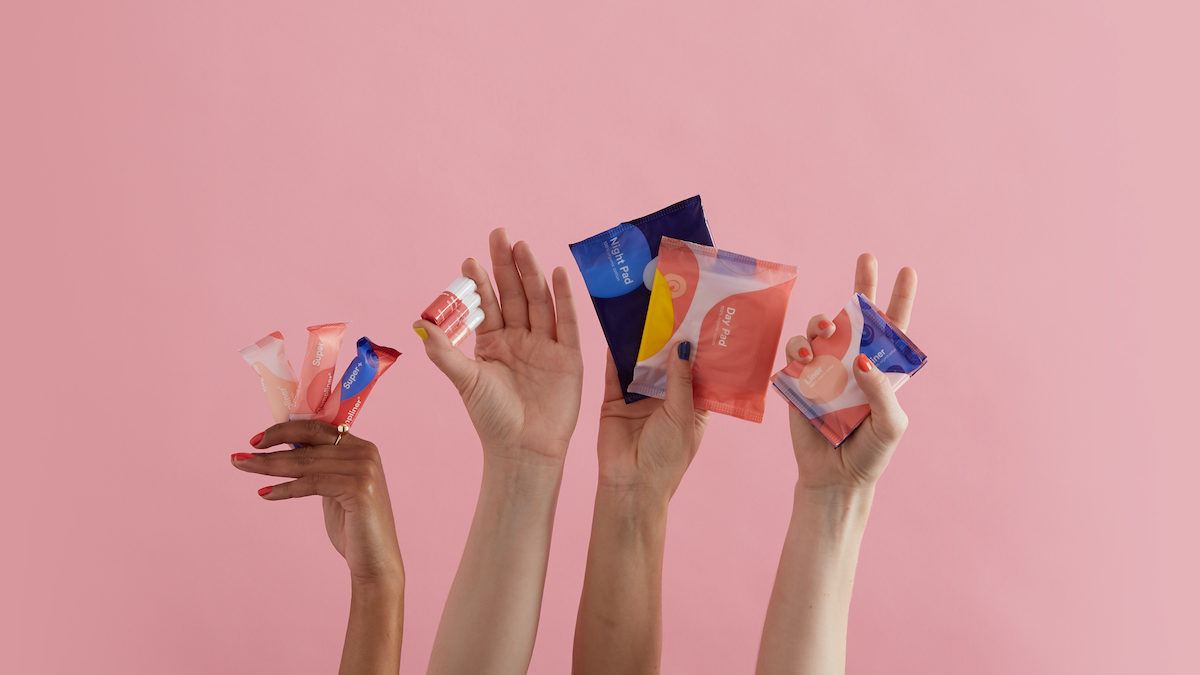
Callaly is another sustainable periods product brand tearing up the rulebook for the next generation with the innovative tampliner, a two-in-one tampon and liner hybrid that B Corp calls, “the first meaningful innovation to a tampon in 80 years”.
Alongside its award-winning products, the brand also offers a range of educational resources via its content platform, Currents, while it also donates a sizeable chunk of its profits to charities and non-profits, working with organisations in the space including Days for Girls, Red Box Project and Bloody Good Period.
Want to find out more about Form’s B Corp status? Read our interview with Form founders Natalia Bojanic and Damian Soong here, where they explain why Form became a certified B Corporation.


